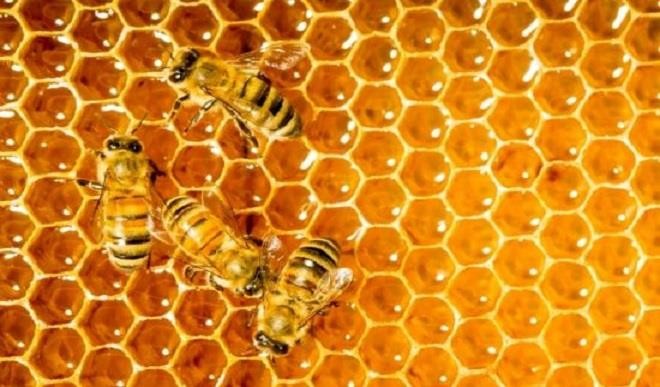
Honey mainly contains water and sugar, with it having 95% to 99% sugar. It’s mostly fructose and glucose, but it also has some probiotic sugars that can help you maintain a healthy mix of bacteria in your gut. And most kinds of honey have vitamins, minerals, and enzymes that help with digestion.
Honey is gotten from bee vomit, but you may not want to think about this as you squeeze the natural sweetener into your cup of tea. Bees collect all that yummy flower nectar and keep it in a special second stomach only to throw it up and pass it to another bee which does the same thing. Finally, it’s put in an area of the beehive called the honeycomb. The bees flap their wings to cool it, and that makes water evaporate, which helps it thicken.
The 60,000 bees in a hive may fly as many as 55,000 miles in search of the right blossoms. The kind of flower determines the color and flavor of the honey. There are more than 300 different kinds in the US, like buckwheat, clover, and orange blossom.
Honey has small amounts of pollen. So the theory goes that eating it can teach your body not to react to it. But that doesn’t hold up. It may be because flower pollen – the kind most often in honey – doesn’t typically trigger allergies. The usual suspects are trees, grass, and weeds.
It also can help with chest pain, fatigue, and vertigo. Honey’s full of antioxidants that eat up all the "free radicals" that can damage your cells, and it’s anti-inflammatory.

 Join Daily Trust WhatsApp Community For Quick Access To News and Happenings Around You.
Join Daily Trust WhatsApp Community For Quick Access To News and Happenings Around You.


